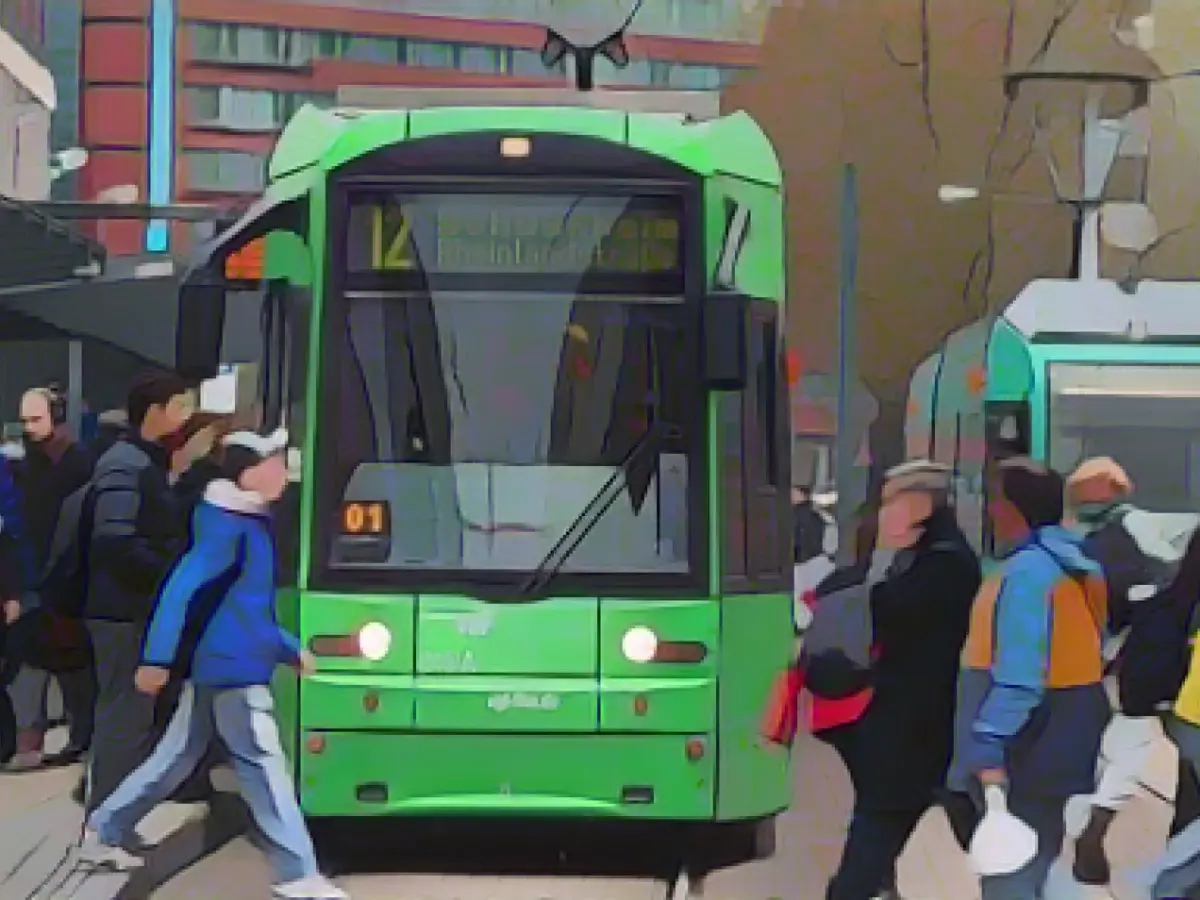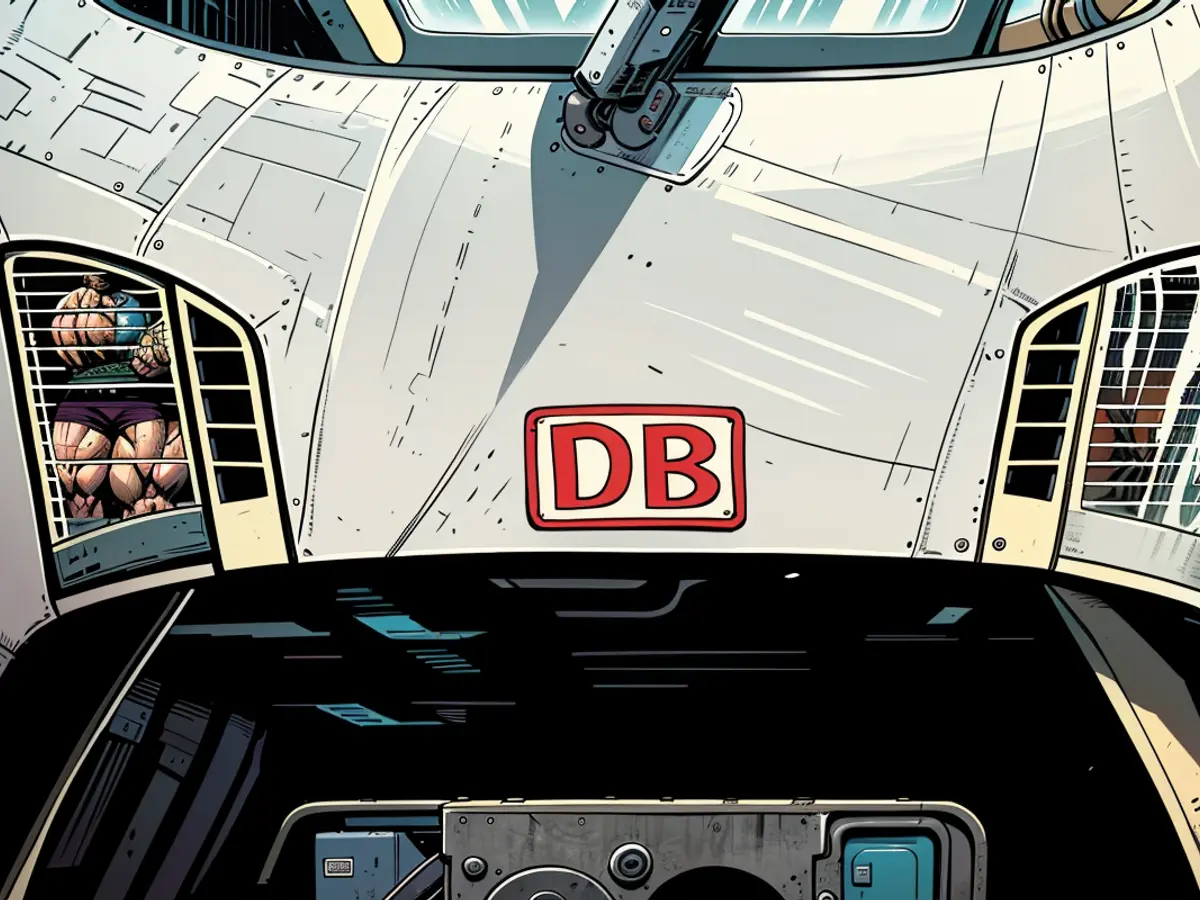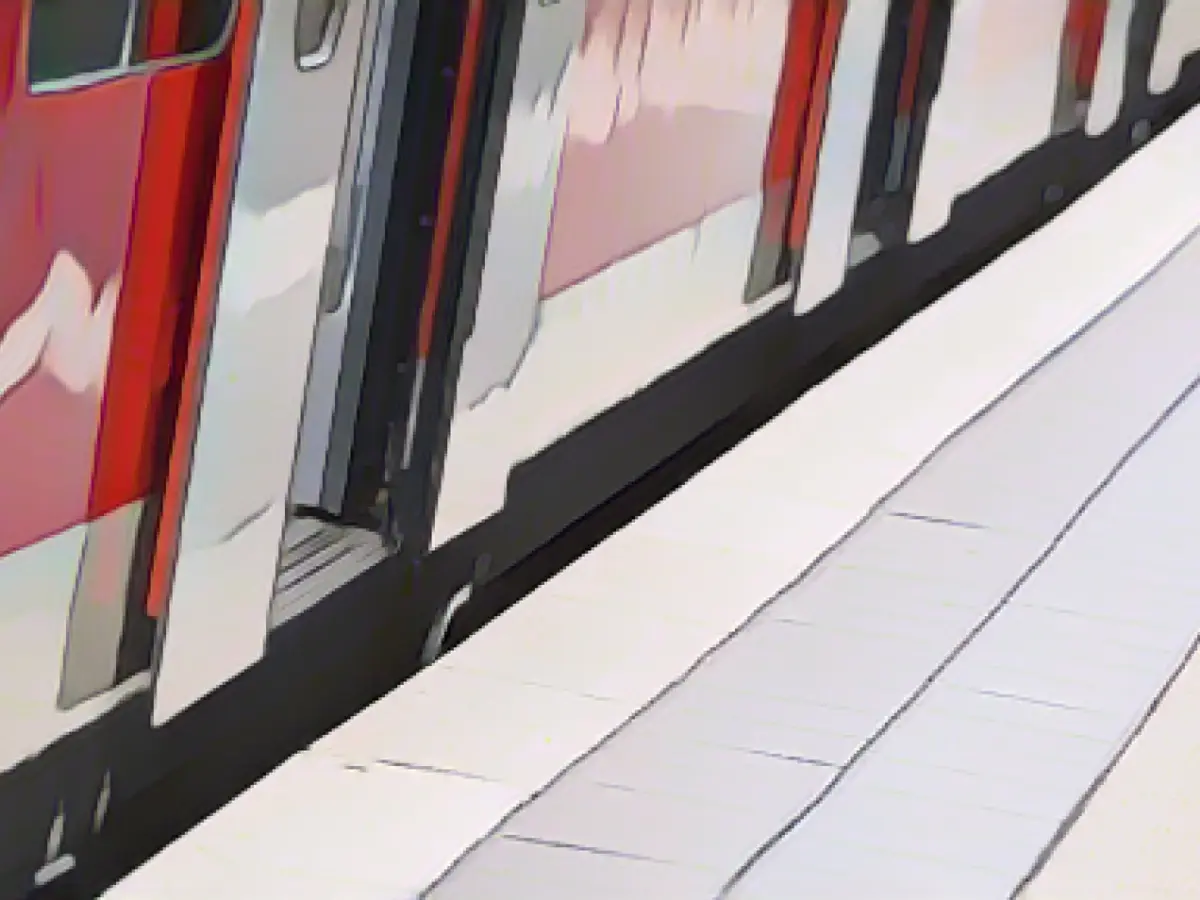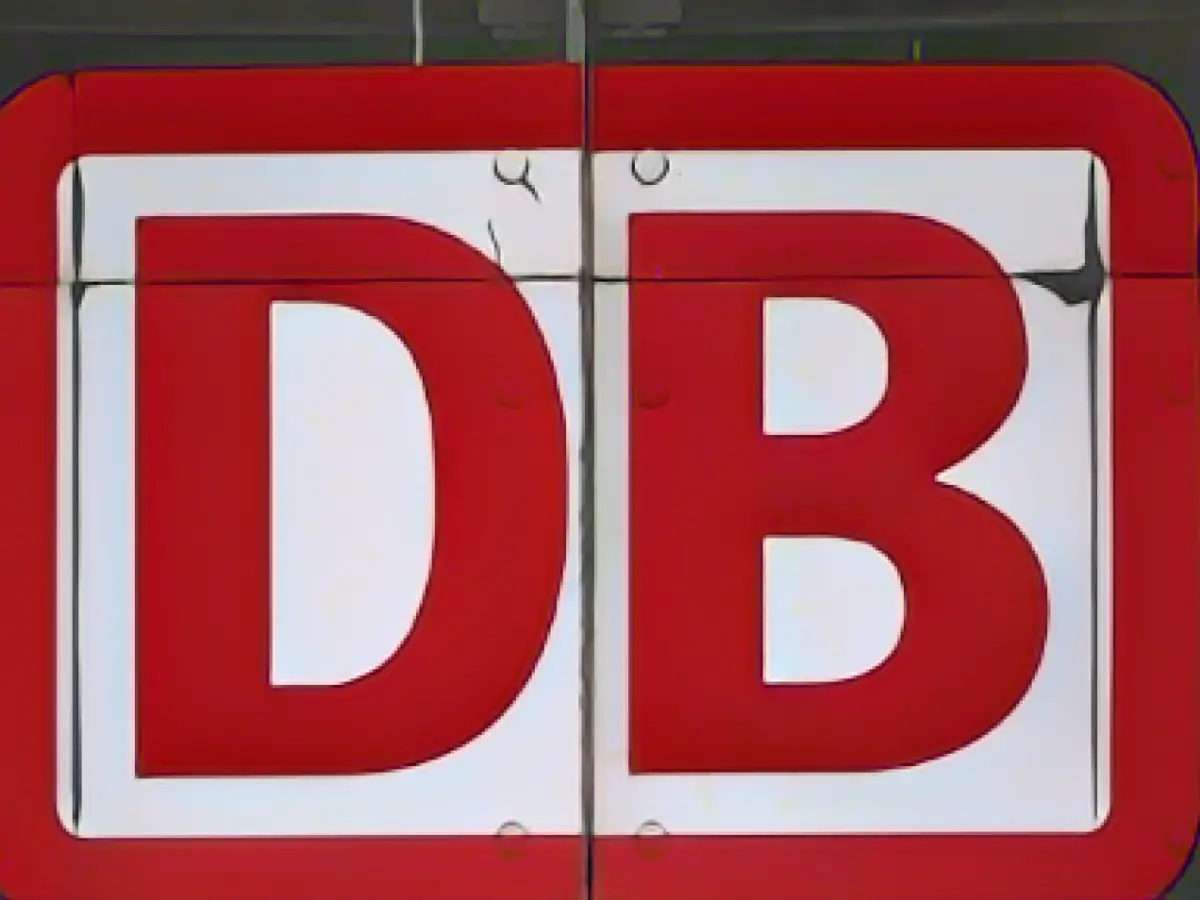Local transport woes: Bus companies struggle with a scarcity of skilled drivers
Our public transportation system is in a pickle. We need to expand services, but there's a monumental shortage of bus drivers. According to Hessian bus companies' association, around 10% of jobs are vacant, with about 1k vacancies on Hesse's roads alone. The picture isn't much brighter on the rails. Volker Tuchan, the association's boss, shared his concerns about this situation threatening the transportation turnaround with the German Press Agency.
Frankfurt, among other municipalities, has announced a reduction in bus, train, and streetcar services due to worker shortages. Tuchan worries that city cutbacks could spread to others. It hurts the most in rural areas, Tuchan pointed out, "If the bus runs 12 minutes instead of 10 in the city, it's different from canceling an hourly bus service."
Deutsche Bahn (DB) is grappling with the same issue, changing its schedule this Sunday (Dec 10). DB aims to create more long-distance connections than in the last 20 years, offering more frequent, faster, and better-seated trips between major cities. But whether the trains actually run depends on staff availability. DB recently revealed that, like other sectors, recruiting staff is tough.
The Federal Association of Local Rail Transport and the State Association of Hessian Bus Companies could potentially collaborate to tackle the skilled worker shortage in Germany's public transportation sector.
Also check out:
Insight
The driver shortage in public transportation can be tackled using various strategies:
- Boosting working conditions and wages: Improving ergonomics in driver cabins, paying better wages, and offering better incentives can attract drivers away from the public transport sector.
- Technological innovations: Adopting ergonomic innovations and electrifying buses can reduce physical strain, introduce eco-friendly practices, and create a more appealing profession.
- Legislative reforms: Lowering the minimum age for professional bus drivers and removing driving restrictions can increase the talent pool for new drivers.
- Embracing international labor: Implementing a digital visa system and promoting migration can attract skilled workers from abroad to address the labor shortage.
- Supporting job seekers and language training: Simplifying migration procedures, offering job support, and language training can help integrate new arrivals more effectively.
- Encouraging women's participation: Improving access to affordable childcare and reforming tax laws can help encourage more women to join the workforce, thereby stabilizing the public transportation sector.
These initiatives can enable Germany's public transportation system to navigate the skilled worker shortage, ensuring a more reliable and efficient service.







